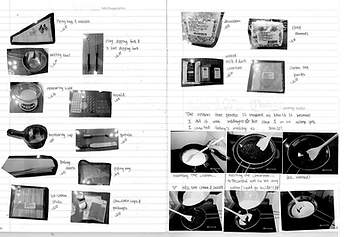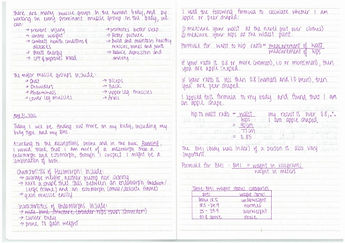
SDIS Personal Project 2018/19

Using your Process Journal
According the the MYP Personal Project Guide, the process journal IS . . .
-
used throughout the project to document its development
-
an evolving record of intents, processes, accomplishments
-
a place to record initial thoughts and developments, brainstorming, possible lines of inquiry and further questions raised
-
a place for recording interactions with sources, for example teachers, supervisors, external contributors
-
a place to record selected, annotated and/or edited research and to maintain a bibliography
-
a place for storing useful information, for example quotations, pictures, ideas, photographs
-
a means of exploring ideas and solutions
-
a place for evaluating work completed
-
a place for reflecting on learning
-
devised by the student in a format that suits his or her needs
-
a record of reflections and formative feedback received


The process journal is NOT . . .
-
used on a daily basis (unless this is useful for the student)
-
written up after the process has been completed
-
additional work on top of the project; it is part of and supports the project
-
a diary with detailed writing about what was done
-
a static document with only one format; the process journal can be made up of a variety of formats, such as written entries, diagrams, photographs or videos, mind maps, charts, etc.
How to develop your Process Journal:
There are four objectives, which the personal project is assessed on: investigation, planning, taking action, and reflection. Each objective has three strands.
Your process journal should address each strand under each objective.
So . . . if you are wondering what to record in your process journal, just pick a strand that is appropriate for your stage in the project and address it.
Entries might include:
-
visual thinking diagrams
-
bulleted lists
-
charts
-
short paragraphs
-
notes
-
timelines, action plans
-
annotated illustrations
-
annotated research
-
artifacts from inspirational visits to museums, performances, galleries
-
pictures, photographs, sketches
-
up to 30 seconds of visual or audio material
-
screenshots of a blog or website
-
self and peer assessment feedback
You can upload these right into your process journal on ManageBac.
